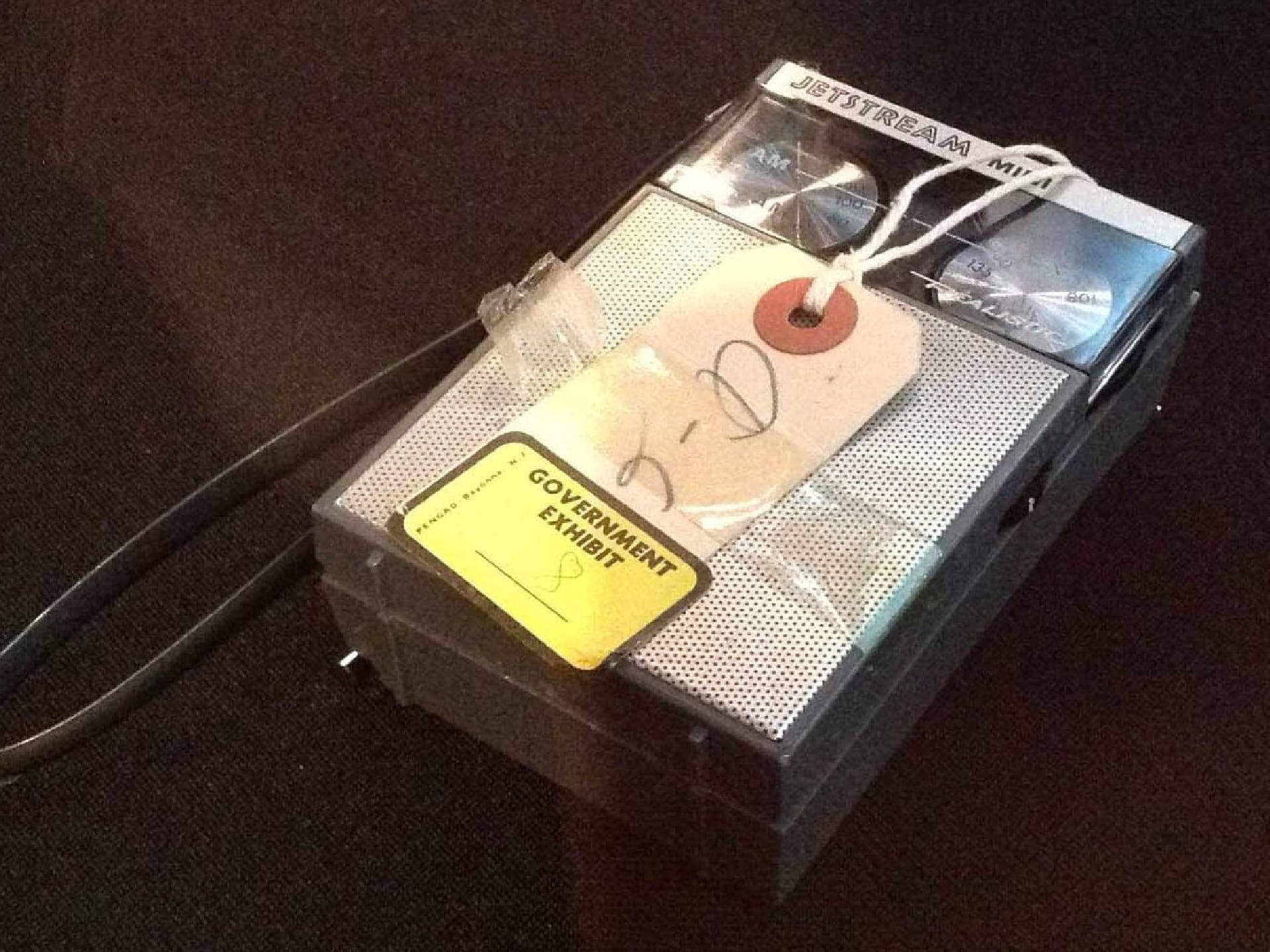Dec. 02, 2024 |
5 W Main: The Presidential Pardon Power. On Sunday, December 1, U.S. President Joe Biden pardoned his son Hunter Biden for “offenses against the United States which he has committed or may have committed or taken part in during the period from January 1, 2014, through December 1, 2024.” What's remarkable isn’t just the fact that the elder Biden broke his promise not to interfere in the legal process against the younger—who’s been convicted on gun-, tax-, and drug-related charges—but the sheer sweep of the pardon. Hunter Biden has not only been pardoned for the crimes he’s been convicted of; he’s been given immunity from any potential federal prosecution in connection to his foreign business dealings. On its face, this would all seem highly unusual. But how unusual is it?
No American president has ever pardoned his child before, but several have issued pardons to other family members and supporters. Abraham Lincoln pardoned his wife’s half-sister Emilie Todd Helm, who had sided with the Confederacy. Bill Clinton pardoned his brother Roger Clinton for drug-related convictions. Donald Trump—who’s expressed indignation about the Biden pardoning—pardoned his son-in-law’s father, Charles Kushner, who’d been convicted of witness tampering, tax evasion, and illegal campaign contributions.
Jeffrey Crouch’s The Presidential Pardon Power traces the history of how U.S. presidents have used the power to pardon. Traditionally, Crouch says, it was used to grant mercy for essentially humane reasons—but ever since President Gerald Ford pardoned his predecessor Richard Nixon for his involvement in the Watergate burglary, presidents have used it more and more to protect their subordinates and supporters.
—Gustav Jönsson

